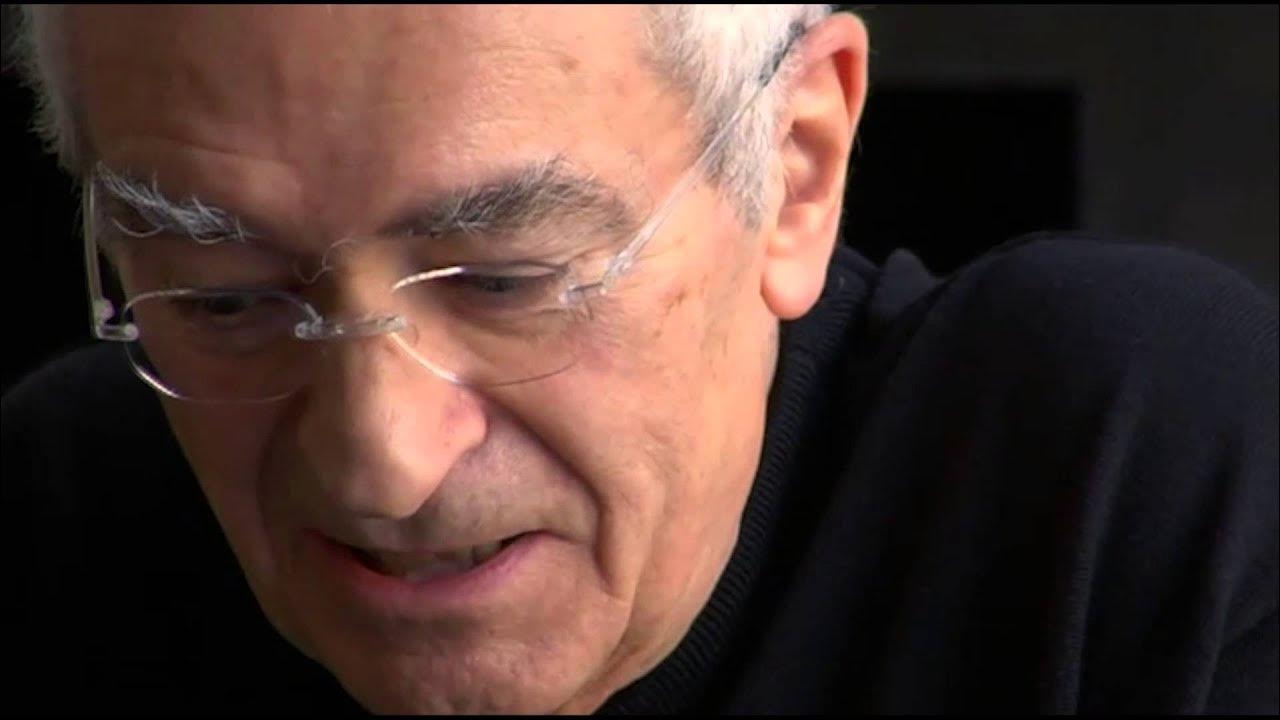A Brief History of Bread
Summary
TLDRThis video script celebrates the universal love for bread, highlighting its simplicity, affordability, and versatility. From its ancient origins as a staple in civilizations like Egypt and Greece, to its modern-day role in various cuisines, bread has been a life-saver and a comfort food. The script humorously touches on the variety of bread, from French baguettes to the convenience of toasting, and emphasizes bread's ability to pair with almost anything, making it a beloved food across cultures.
Takeaways
- 😋 Bread is a simple, easy, and cheap food that can be enjoyed with minimal preparation.
- 💸 Bread was a lifesaver during financially challenging times, such as broke university days.
- 🍞 Bread has a rich history dating back at least 30,000 years, with ancient civilizations like the Egyptians and Greeks incorporating it into their diets and rituals.
- 🌐 The creation of bread likely led to the development of various pastries and baked goods.
- 🍞 Bread is universally loved and has been a staple in feeding people for thousands of years, even mentioned in religious contexts.
- 🥪 Bread is incredibly versatile and can be paired with a wide array of foods, from spreads to soups.
- 🥖 Different cultures have developed unique types of bread, such as the French baguette, brioche, and fougasse.
- 🥐 Croissants, despite their popularity, are humorously described as glorified bread with jelly.
- 🔥 Toasting bread dates back to the Roman Empire, with the modern toaster making the process even more convenient.
- 🏭 Most bread is prepared in factories or bakeries, though some people enjoy making it from scratch.
- 🤗 The script encourages viewers to appreciate bread and its role in history and daily life, suggesting a lighthearted interaction with a loaf of bread.
Q & A
Why does the speaker like bread so much?
-The speaker likes bread because it's simple, easy, cheap, and universally available. It requires no effort to prepare and has been a staple food for thousands of years.
What role did bread play during the speaker's broke days in University?
-During the speaker's broke days in University, bread, along with noodles, saved them from starvation after spending all their pocket money on other things.
How long has bread been a part of human history?
-Bread has a rich history that dates back at least 30,000 years.
What was bread known as in Egypt during the 12th century?
-In Egypt during the 12th century, bread was known as 'ta' and was eaten as a flatbread.
How did the ancient Greeks relate bread to their religious practices?
-The ancient Greeks offered bread as a tribute to the gods, and their bread sometimes contained wine.
What other pastries might the creation of bread have led to?
-The creation of bread likely led to the development of other pastries such as cupcakes, doughnuts, and macaroons.
Why did Jesus multiply bread in the biblical story mentioned by the speaker?
-In the biblical story, Jesus multiplied bread to feed 5,000 starving people, showing his love for bread and its importance in sustaining life.
What are some of the ways bread can be eaten according to the script?
-Bread can be eaten with a variety of things such as butter, mayonnaise, jam, Nutella, peanut butter, eggs, beans, bean cakes, tea, coffee, juice, water, bacon, and suya.
What types of bread are mentioned in the script as being popular in France?
-In France, popular types of bread mentioned include the baguette, pain de champagne, brioche, fougasse, and pogne.
What is the speaker's opinion on croissants?
-The speaker humorously considers croissants to be glorified toenail-shaped bread with jelly in the center, suggesting they don't understand the hype around them.
How did the practice of toasting bread become popular?
-The practice of toasting bread became popular in the Roman Empire, where the first bread was likely toasted by laying them in front of the fire on a hot stone.
Who is credited with the invention of the toaster, according to the script?
-Alan MacMasters is credited with the invention of the toaster in the script.
What does the speaker suggest about the ease of preparing bread?
-The speaker suggests that the preparation of bread is easy because all the work has already been done for consumers at bread factories or bakeries.
What does the speaker encourage viewers to do in relation to bread?
-The speaker encourages viewers to go to their kitchen or the nearest bakery and hug a bread loaf, emphasizing that bread deserves accolades.
Outlines

Cette section est réservée aux utilisateurs payants. Améliorez votre compte pour accéder à cette section.
Améliorer maintenantMindmap

Cette section est réservée aux utilisateurs payants. Améliorez votre compte pour accéder à cette section.
Améliorer maintenantKeywords

Cette section est réservée aux utilisateurs payants. Améliorez votre compte pour accéder à cette section.
Améliorer maintenantHighlights

Cette section est réservée aux utilisateurs payants. Améliorez votre compte pour accéder à cette section.
Améliorer maintenantTranscripts

Cette section est réservée aux utilisateurs payants. Améliorez votre compte pour accéder à cette section.
Améliorer maintenantVoir Plus de Vidéos Connexes

The Simple Genius of Bill Withers

Two Absolute WINNERS From Maison Alhambra! | Maison Alhambra Exclusif Tabac and Afro Leather Review

PROSES PRODUKSI ROTI TAWAR DI PABRIK MODERN | TERNYATA BEGINI PROSES PEMBUATAN ROTI DI PABRIK

Handmade Deli Rye Bread Rolls | Perfectly Soft and Fluffy Rye Bun Recipe

Extrait Massimo Vignelli | Film Helvetica

Real Bread: John 6: 51-58
5.0 / 5 (0 votes)
